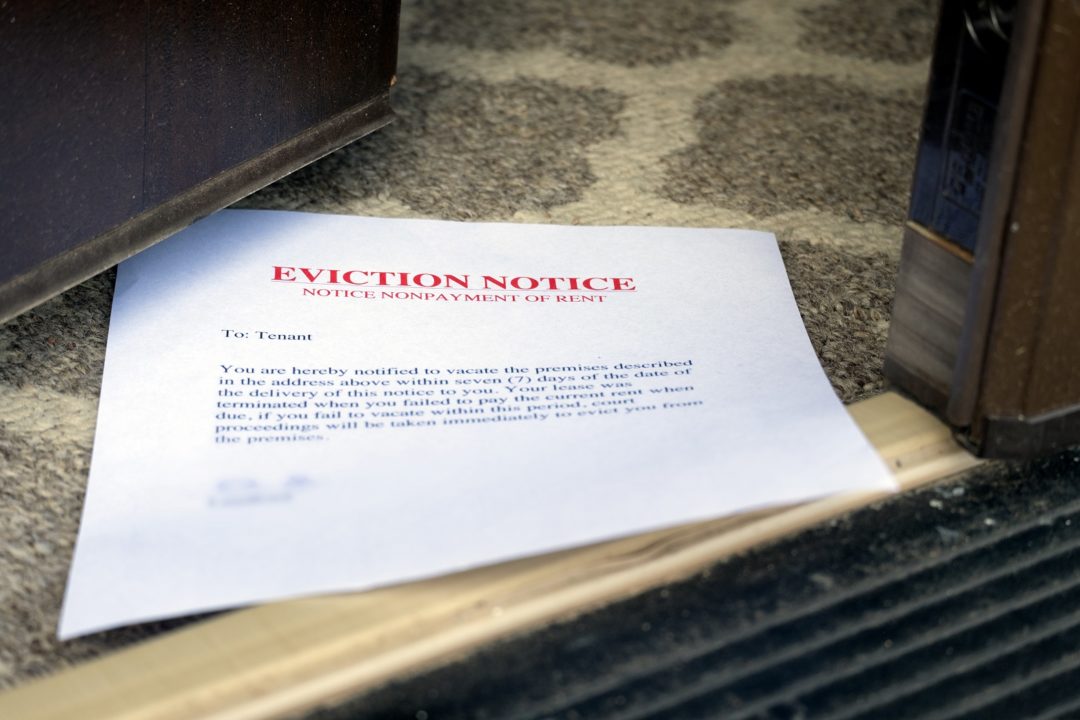
On Tuesday, the Centers for Disease Control and Prevention issued a temporary national moratorium on most evictions for nonpayment of rent effective Sept. 4 through the end of the year. The long-awaited federal intervention comes at a time when 30-40 million Americans could be at risk of eviction by the end of the year due to the COVID-19 pandemic. The goal of the moratorium is to stem the spread of COVID-19 by protecting millions of renters from homelessness.
How the moratorium works
If a tenant is facing eviction and wants to invoke the CDC’s order, they must provide an executed copy of the declaration form under penalty of perjury, to their landlord, certifying the following qualifications:
- The tenant has used their best efforts to obtain available government assistance for rent or housing;
- The tenant was eligible to receive an Economic Impact Payment (stimulus check) under the CARES Act, or has an annual of no more than $99,000 for an individual, or $198,000 for a family;
- The tenant is not able to pay the full rent due to substantial loss of income, wages, or hours, or because of extraordinary out-of-pocket medical expenses (unreimbursed medical expenses exceeding 7.5% of AGI for the year);
- The tenant is using their best efforts to make partial rent payments;
- The tenant has no other available housing options and if evicted, would need to move into a new residence shared by other people who live in close quarters, or would have to move into a homeless shelter.
The declaration also says that the tenant understands that they will still have to pay rent and fees, and comply with their lease. The unpaid rent may be required by the housing provider in full once the temporary eviction moratorium expires on December 31, 2020.
Who does the moratorium cover?
- The moratorium only applies to renters who have a nonpayment of rent. It does not apply to residents who engage in criminal activity, threaten the health or safety of other residents, damage the property, or violate their lease, other than for rent nonpayment.
- It does not forgive rent or prohibit landlords or property owners from charging late fees.
Read the moratorium here and get a copy of the declaration here. If you are a BRHP participant and fear eviction, please contact your assigned counselor or reach any BRHP counselor at our hotline at 667-207-2100 from Monday-Friday, 8:30 a.m. to 5:00 p.m.
Check out this informative FAQ on the moratorium from the National Low Income Housing Coalition.
Despite the temporary relief the moratorium provides, it does not include emergency rental assistance, so it only delays evictions. Rental assistance, like what we provide through the Baltimore Housing Mobility Program, would provide long-term stability for both renters and landlords nationwide. As such, we continue to call on Congress to approve emergency rental assistance in the next COVID-19 relief bill.